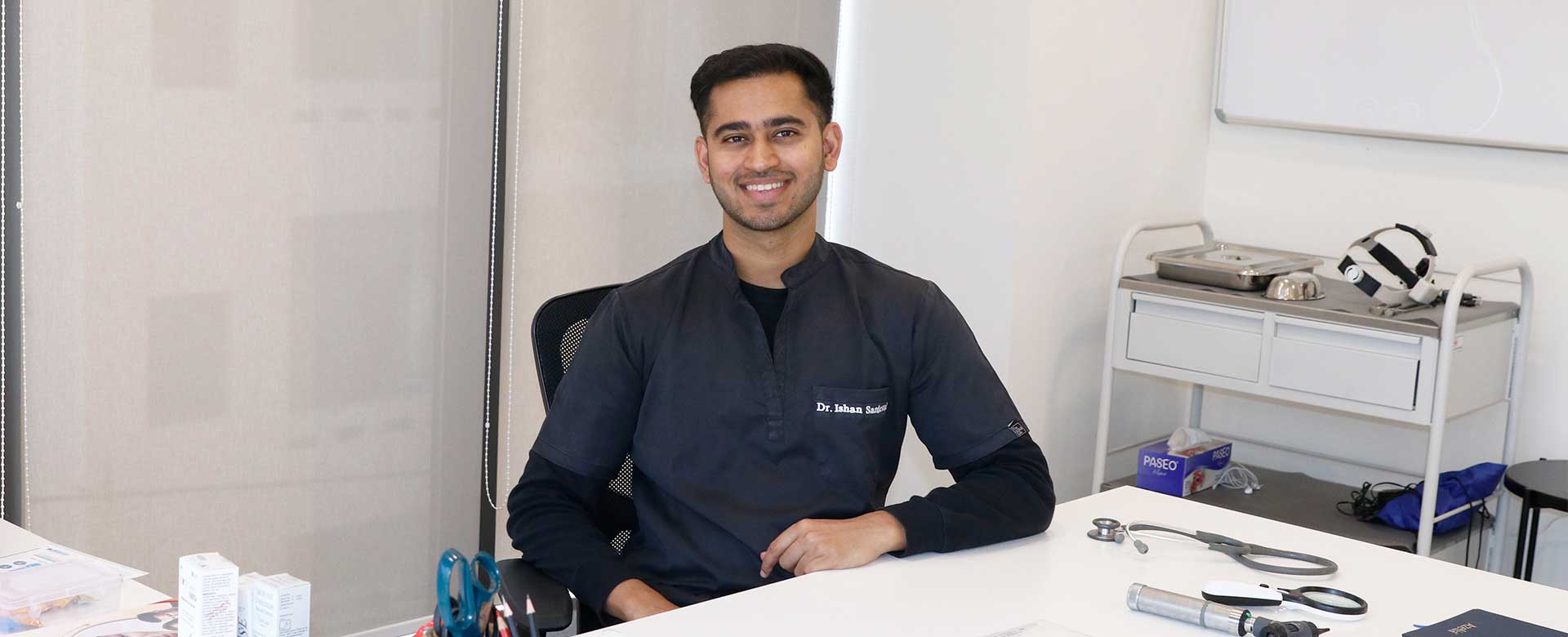
FAQ's |
AESTHETICS FAQs
Aesthetics Treatments are minimal to non-invasive treatments, to tackle fine lines and wrinkles. It involves the use of non-surgical treatments such as dermal fillers to reduce signs of ageing and to enhance specific areas of the face for a more youthful, rejuvenated complexion.
Fillers are injectable substances that are used to enhance facial features - they lift skin, restore volume and soften the appearance of wrinkles. They can also be used to enhance facial features - to tackle hollows under the eyes and fill out tear troughs.
The effect of fillers depends upon the area treated and material used - on average, hyaluronic fillers last between 6-9 months, while hydroxyapatite fillers and polylactic acid fillers can even last as long as two years.
The derma pen is the world's leading fractional microneedling device, which is used to tackle not just acne but all types of facial scars. It also reduces fine lines and wrinkles, pigmentation and stretch marks.
A HydraFacial is one of the most powerful, non-invasive skin resurfacing treatments available today. It combines cleansing, exfoliation, extraction, hydration and antioxidant protection that removes dead skin cells and impurities, while simultaneously delivering moisturizing serums into the skin. The after-effects of a HydraFacial included decreased pore size, less hyperpigmentation, and decreased fine lines, with the results lasting up to a month.
The plasma pen is the world's most advanced, non-invasive, skin lifting, skin tightening and rejuvenation device used to treat wrinkles, and sagging, dull skin. Patients will begin to see the results of their treatments with improvement in the skin texture that will continue to improve over the next six months. After that, results generally last about three years.
Glutathione not only decreases the melanin (pigmentation) in your skin, but has also been found to decrease wrinkles and increase skin elasticity. Glutathione works on the skin pigment production by inhibiting tyrosinase, an enzyme involved in making melanin. At The Face Centre, we administer glutathione locally as a skin booster, or via an IV.
Skin boosters are popular injectable treatments that are designed to effectively deliver deep skin hydration. Sometimes also referred to as internal moisturizers, they promote a natural glow and radiance. Tiny injections of light weight hyaluronic acid are placed in a pan facial manner, hydrating the entire treated area of skin.
Laser hair reduction is a great option for those who want a long term, economical, solution for hair reduction. It is safe and provides long lasting results. Individual results may vary due to factors such as the area being treated, hair thickness and density, and hormone levels.The procedure also isn't linked to any long-term side effects.
While one can resume most activities right away, it is generally recommended that patients avoid intense physical activity for the first two days post any procedure. There is some swelling and bruising as well, which disappears within 5-7 days.
Hair Treatments FAQs
One should consider a hair transplant once scalp visibility begins, or when a gross reduction in hair density is noticed. Individuals with hair loss from male or female baldness patterns or from scarring, scalp injuries or cosmetic surgery procedures. Individuals as well as those who wish to restore or thicken eyebrows, mustaches or beards can all opt for hair transplants.
While the final results vary per patient, most patients begin to see results between 9 months to a year post the transplant. It's important to know that between two and eight weeks after the surgery, the transplanted hair will fall out, and new hair growth begins.
While undergoing hair transplant surgery, patients are given a local anesthesia, making it a pain free procedure. There are minimal post procedure protocols, including following a correct sleeping position and protecting your scalp from the dust, sun and other environmental factors. If adhered to, any discomfort felt will be at the bare minimum.
Hair loss after surgery, including follicular unit hair restoration, hairline lowering or scalp advancement, or any significant scalp surgery, especially those that require general anesthesia, can cause temporary shedding of hair. This shock loss can start as early as 10 days following transplantation, and can last up to 12 weeks. The follicles shift to a resting phase until a patient has recovered fully.
Ideally, a total downtime of about two weeks is recommended post surgery. There is a little scabbing on the scalp donor area, which goes away after 3-4 days; patients can wash their hair one week post surgery. It is recommended that all hair transplant patients avoid activities that lead to sweating for two weeks post surgery.
Growth Factor Concentrate, or GFC, is an advanced treatment to thicken and improve hair density, and to revitalise the skin. The procedure involves the use of a highly concentrated growth factor preparation that can be injected in the scalp and neck to promote hair growth.
ENT FAQs
Symptomatic treatment for nasal allergies include the use of steroid nasal sprays and antihistamines. To get to the root cause and treat the allergy itself, a skinprick allergy testing is conducted, followed by immunotherapy, all available at The Face Centre.
Ear discharge could occur either because of external or middle ear infection, and can be either acute or chronic. Trauma to the ear, including a ruptured eardrum can also cause discharge from the ear.
The first thing one should do if there is a loss in hearing experienced, is to get examined. At the Face Centre, we then perform a thorough evaluation in the form of a hearing test.
Hearing aids can help improve hearing as well as speech, especially in persons with sensorineural hearing loss, that is hearing loss in the inner ear due to damaged hair cells or a damaged hearing nerve. Apart from that, they are especially useful because they help the elderly appreciate and hear sounds, improving the quality of their lives.
Vocal hygiene refers to methods and habits to keep one’s voice clear and healthy, such as being well hydrated. Measures to maintain vocal hygiene include avoiding shouting and whispering. Certain therapies can train you how to correctly use your voice, which we provide at The Face Centre.
Ear wax is essential for ear health in the ear canal. One should avoid using ear buds at all costs, since it results in wax being pushed deeper into the ear canal. Sometimes, the cotton tip of the earbud also gets stuck in the ear. This can prompt sensations of uneasiness, pain, or discomfort. In some cases, it can lead to hearing loss. If ears are blocked one needs to get them cleaned by a professional.
Obstructive sleep apnea occurs when the muscles in the back of your throat relax too much to allow normal breathing. These muscles support structures including the back of the roof of your mouth (soft palate), the triangular piece of tissue hanging from the soft palate (uvula), the tonsils and the tongue. Symptoms include loud snoring, difficulty staying asleep, more commonly known as insomnia, gasping for air during sleep, and awakening with a dry mouth.
A deviated nasal septum can happen at birth, as well as during later stages in life. It occurs when the nasal septum — the thin wall that separates the right and left nasal passages — is displaced to one side. Treatments include decongestants, antihistamines, nasal steroids, and surgery. The surgery for a deviated nasal septum is called septoplasty; it straightens the septum and improves nasal breathing.
Most sore throats and runny noses are the symptoms of a viral infection, and symptomatic treatment is all that is required. At The Face Centre, we recommend that one should always consult a specialist before starting an antibiotic course.
Sinusitis is when the cavities around the nasal passages become inflamed. Symptoms include headache, facial pain, runny nose and nasal congestion. Acute sinusitis can be triggered by a cold or allergies and may resolve on its own, it doesn't require any treatment beyond symptomatic relief with pain medication along with nasal saline rinses. Chronic sinusitis lasts up to eight weeks and may be caused by an infection or growths. Treatment may require antibiotics.
Tinnitus is when you experience ringing or other noises in one or both of your ears. This can be caused due to reasons such as age-related hearing loss, an ear injury or a problem with the circulatory system. Other examples of the causes of tinnitus include exposure to loud sounds, whiplash, head injuries, too much ear wax or the side effects of certain medications.
